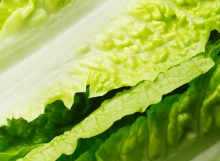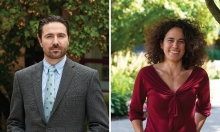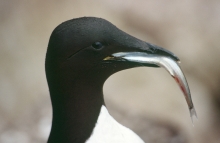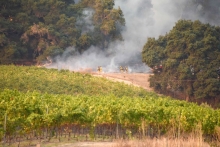However, Lawrence Goodridge, the director of McGill University's food safety and quality program, said the practice of thoroughly washing infected lettuce won't make it safe for consumption.
"That is actually untrue, that is not the case," he said. "Washing lettuce or any fresh produce that may be contaminated with bacteria is a not a way to ensure its safety."
"The number of bacteria that one must consume to become sick is so low — and when you wash a lettuce or any fresh produce, you cannot wash away 100 per cent of the bacteria."











